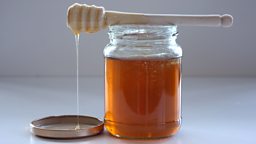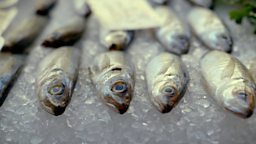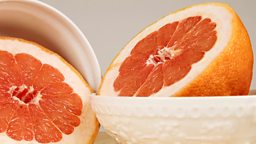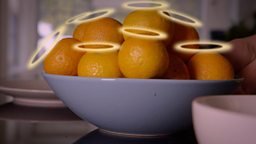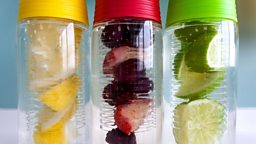How can I protect my teeth from acid damage?
We all know that sugary drinks and snacks can cause tooth decay. That knowledge has led to better habits and a fall in the rates of decay. But recent evidence suggests that another problem is now on the rise: tooth erosion.
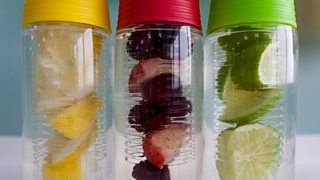
Tooth erosion, or erosive tooth wear, is when our teeth become damaged by the acid that is found in certain foods and drinks.
Our teeth are made up of two layers:
- The enamel - a mineralised tissue and the strongest tissue in your body. Unlike bone, enamel cannot regenerate because it does not contain any living cells
- Dentine – this is the second hardest tissue in the body and sits underneath the enamel.
Unlike tooth decay, which causes holes (or cavities) to develop in our tooth enamel, tooth erosion strips away the whole surface. In serious cases this loss of enamel can expose the dentine underneath, causing hypersensitivity, pain, poor aesthetics and decreased quality of life.
Surprisingly, some of the acidic foods and drinks that can cause this damage are things that we would usually consider to be healthy such as fruit, fruit-flavoured water and fruit teas.
We wanted to see just how acidic our mouth gets when we drink fruit tea, so Dr Alain Gregoire met Dr Saoirse O’Toole at King’s College London to carry out a series of tests.
The resting pH in Alain’s mouth was tested using a pH probe and was found to be around 6.5, which is close to a neutral reading of 7. Then Alain drank a cup of fruit tea in different ways – he took small sips, he held it in his mouth for a few seconds, and finally he tried swishing it around.
| Sipping normally | Sip and holding | Sip and swishing |
|---|---|---|
| pH of 5.6 after drinking | pH of 3.2 after drinking | pH of 3 after of drinking |
| About 1 minute to return to neutral | About 2-3 minutes to return to neutral | About 8 minutes to return to neutral |
When Alain swished the tea around his mouth, the pH reading was lower (more acidic), and it took around 5 minutes longer for it to return to neutral – meaning that the acid had an additional 5 minutes to erode away at his tooth enamel.
A recent study run by Saoirse looked at the damage caused to teeth from acid food groups, especially fruit teas. The study showed that those who had two acidic drinks twice a day between meals were over 11 times more likely to have moderate or severe tooth erosion.
Foods that can cause tooth erosion
Acidic foods and drinks cause tooth erosion. Most fruits are acidic, with some being more so than others. For example, citrus fruits are higher in acidity than bananas and peaches. Other acidic foods include:
- Chillies
- Tomatoes
- Fruit squash
- Water flavoured with fruit – e.g. adding a slice of lemon to your water
- Flavoured teas, including berry tea, rosehip and ginger and lemon.
- Vinegars and pickles (especially apple cider vinegar)
- Kimchi
- Sauerkraut
- Soft drinks
The problem is that many of these food and drinks are good for us! But there are things we can do when we consume them to lower our risk of tooth erosion.
- Have acidic foods and drinks with meals, rather than in-between them. This will halve your risk of erosive tooth wear. The rest of the meal acts as a buffer against the acidity, reducing the strength of the acid and decreasing the erosion of the enamel.
- Foods containing calcium can help neutralise the acid in your mouth – so try having some cheese, yoghurt or milk at the end of your meal.
- Chewing sugar-free gum can increase the saliva in your mouth which helps to protect your teeth.
- Try switching from fruit tea to herbal tea.
- Try flavouring your water with cucumber, mint or rosemary instead of with citrus fruit.

















